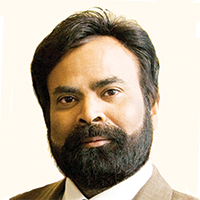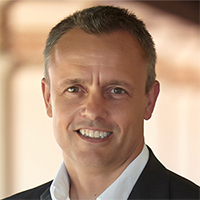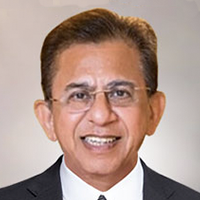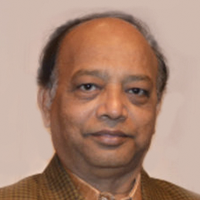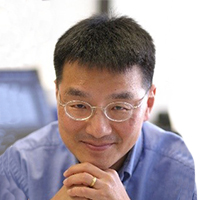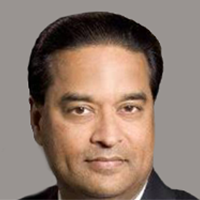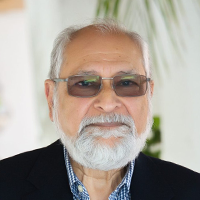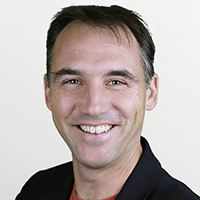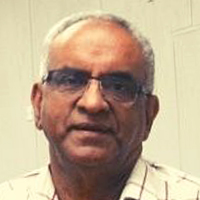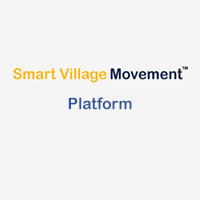Meet your instructors

Solomon Darwin
Executive Director, Center for Growth Markets
Gauthier Vasseur
Executive Director, Fisher Center for Business Analytics

Dr. Anil Shah
Executive Chairman, Smart Village Movement
Dr.Iyyanki Muralikrishna
India Academic Director, Smart Village Movement
Arding Hsu
Retired Siemens Senior Executive
Corporate Mentors

Deepu Rathi
Sr. Director, Cisco
Gautam Bandyopadhyay
Retired Innovation Director Siemens (China)
Robert Locke
SVP, Johnson Controls
Uday Kapoor
Engineer, IIT Delhi; Documenter, Computer History Museum, Silicon Valley
Raymond Liao
Managing Director, Samsung
Chris Bush
Executive Director, Institute for Business Innovation & Former CEO, Monarch Media
Resource Mentors

Kimberly Minafra
Program Specialist, NASA Ames Research Center
Will Decker
VP, Plug & Play
Mani Krishnan
Executive Director, Shastha Foods
Tonya Lollen
State Director at Smart Village Movement
Rhea Mehta
Skydeck Coordinator
About the Program

In the program, students first will receive two weeks of online lectures from instructors at the University of California, Berkeley, as well as guest speakers from multinational corporations and nonprofit organizations. The lectures will cover a range of topics to teach students the business and analytics skills they’ll need to complete their projects and receive a certificate. Students will then select a project they can work on for the next 10 weeks. They will submit the project at the end of the program for evaluation by instructors and to receive their certificate.
Access to Project Platform & Mentors
While working on their projects, students will have access to both a weekly session with one of the program instructors, as well as to online office hours with dedicated mentors who can answer their questions and provide them with direction. They also will have access to the Smart Village platform, an online tool that will provide them with a variety of resources and contacts to help them.
By completing the lecture and project components of this program, students will gain a strong foundation in business innovation and analytics skills. Through their projects, they will also be providing solutions to help solve economic development challenges in rural India. These types of social business solutions are critical to help India continue to grow its economy and the human capital of its people, particularly in villages.
Challenges
- Potato Processing
- Agri-Insurance
- Rubber Plantation
- Produce Shelf Life
- Rural Transport Connectivity
- Pre-primary Education
- E-Buddies for Students
- Access to Education Technology
- Job-ready Skills
- Leverage Local Communities for Health
- Emergency Services
- Pediatric and Neonatology
- Health Supply Chain Management
- Nutrition
- Medicinal Plant
- Access to Clean Cooking Fuel
- Affordable Housing
- Waste Management
- Agritourism
- Creating Tourism Circuit
- Natural Water Resource Management
- Rainwater Harvesting
Past Projects
Reading

Required Materials
Books
- Creating Smart Villages – download from Amazon.
- Rebuilding India – Resetting the Jewel in the Crown
Articles & Videos
- Why the Lean Start-up Changes Everything – HBR article by Steve Blank
- How to Build a Start-up,The Lean Launchpad with Steve Blank – Free Udacity course videos . Total watch time is about 5 hours.
Suggested Materials
Articles
- Smart Villages of Tomorrow – The Road to Mori – The First Smart Village Prototyped in India
- Smart Villages: Harvard Case (A)
- Smart Villages: Harvard Case (B)
- White Paper on Smart Ecosystems – prepared for Mr. Bill Gates
- Smart Village Manual – by Solomon Darwin
- A New Way to Look at Competitors by Steve Blank.
Videos
- Creating a Strategy Canvas – a value chart to do comparison.
- VRIO Analysis Explained – VRIO diagram to validate if the competitive advantages are sustainable.
For questions about registration, please contact Rohini Chopra or call +91-9821754348. Please review the list of Frequently Asked Questions below as well as the program syllabus.
Contact person TBD.
Frequently Asked Questions
Program Overview
What is the learning objective of this program?
Learn business innovation and analytics by creating business model solutions to address the pain-points of rural people in India with support from Smart Village Movement teams and participating firms. Be able to understand and implement digital transformation projects as part of these proposed solutions.
How will students benefit from the Programme?
This program helps students build skills in innovation, entrepreneurship, and data science through lectures and by completing a self-directed independent project that involves proposing a solution to and creating a business model for real-world challenges faced by villagers in rural India.
What is the total length of the program?
It is a 12-week program that consists of two weeks of lecture (ten days) and ten weeks of working on the chosen project.
What is the main assignment for students in this program?
A scalable and sustainable business model solution to already-identified challenges in one of the eight verticals: Education, Agriculture, Healthcare, Communication, Energy, Entrepreneurship, Transportation, Water & Sanitation, for rural India.
Where can I find the project challenges?
See link above
(For those who have enrolled in the program)
The project challenges are located in the https://platform.smartvillagemovement.org/.
How to sign-up on the platform
How to navigate to the project challenges (link to video)
How to sign-up for a project (link to video)
How will my Business Model Solution be assessed?
The business model solution needs to be:
- a) accessible, affordable, frictionless, transparent, and adaptable;
- b) scalable and sustainable to all villages within a state
What are the requirements to complete the program?
Attend all lectures and submit a scalable business model solution proposal.
When will students get the certification?
Students who submit a project that satisfies the required criteria will get an e-certificate two weeks after the last day of the 12-week program.
More Project Assignment FAQ
What is the expected process and outcome in working on this project?
- Evaluate both failure and successful use cases to affirm the model that is being piloted and make suggestions.
- Recommend alternative solutions (technologies and business models) that could be a better fit to address the villagers’ pain-points based on your research.
- Assess the models being piloted to analyze whether it is scalable and sustainable based on data and information you have collected.
- Suggest improvements to the current pilot process through feedback and data collected from the ground team.
- Quantify the socio-economic impact if your suggested model is employed in all villages in the state.
Is the main project group or individual work?
Students are expected to individually submit a project proposal, but are encouraged to form their own support ecosystem of advisers and experts to seek guidance from. The support group and mentors should be diverse and may include family members, friends, and experts willing to help them with this project – this is how open innovation happens – good ideas come from unanticipated sources.
If I’m collaborating with others, can I submit an identical business model proposal?
No. You must submit your own unique business model proposal. The students are expected to show an aspirational, entrepreneurial mindset, be self-starters, and draw knowledge and information from various sources on their own.
Will the SVM platform contain all the necessary information needed for the project?
No. The SVM platform contains the project background, relevant demographics, and suggested resources. It should be utilized to capture data and information as it is generated for analysis and developing models. The platform is intended to foster collaborative innovation by engaging all stakeholders across industries.
Who are the stakeholders on the platform?
The stakeholders on the platform include: villagers in pilot villages, key government officials, academics, corporate executives, startups and students from local and international universities.
What is a Business Model Canvas?
It was developed by Osterwalder and Pigneur. It provides a simplified scheme for assessing how a business executes to add value, create processes, develop customer relationships, and manage financial aspects.
In the context of emerging rural markets, it consists of 8 building blocks: 1) Customer segments and respective pain points; 2) Value creation: What are the pain relievers? 3) Customer relationships, with focus on digital relationships; 4) Value distribution; 5) Value capture with revenue sources and expenses; 6) Needed resources that contribute to the value creation; 7) Activities for value creation and which activities customers value; and 8) Partners to reduce risks & costs to create value.
What is the importance of weekly meetings?
While working on their projects, students will have access to both a weekly session with one of the program instructors, as well as to online office hours with dedicated mentors who can answer their questions and provide them with direction.
What is the purpose of a mentor?
Each vertical has an expert mentor who can guide students on their projects during weekly office hours until the final deadline of project submission.
Are office hours mandatory?
Office hours are not mandatory, but students are encouraged to utilize this resource and time to ask questions and seek guidance from mentors for their projects.
What are the project challenges and who created them?
Project challenges are based on real data and identified pain points across all eight verticals in rural India. The challenges were developed and drafted by Smart Villages Fellows
Do you have questions about the course content? Contact us.

